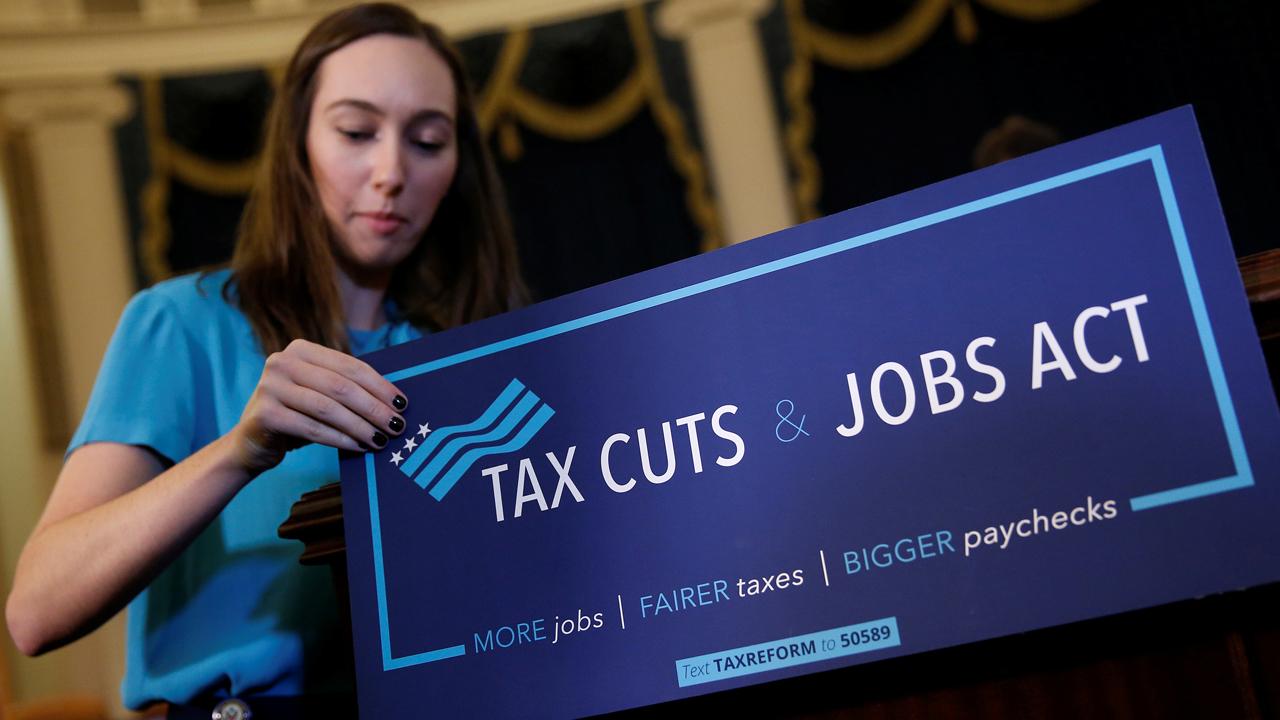Trump's business tax cut: Why US companies might increase overseas investments
As the Senate prepares to release its amended version of the House GOP’s Tax Cut and Jobs Act, there are reports lawmakers could delay the corporate tax cut in order to soften the blow to the U.S. deficit.
On Wednesday, the Congressional Budget Office predicted the House of Representatives’ version of the bill would increase budget deficits by $1.7 trillion over the next decade.
While the business tax reduction is a centerpiece of the Republican Party’s plan, the implementation process may not be the critical issue that stops companies from shifting profits back onshore.
As the United States transitions from a worldwide taxation system to a territorial one, companies will only pay an income tax on profits in the country where it is earned. The Tax Cuts and Jobs Act provides for a deduction on income from an affiliate corporation, known as a participation exemption, of 100%. That means if a U.S. company invests in a foreign subsidiary it will owe no domestic taxes.
“The changes to the treatment of foreign income are massive,” Stephen Hamilton, law partner at Drinker Biddle, told FOX Business. “The participation exemption on its face encourages you to invest overseas rather than in the U.S … [companies] can figure out ways to invest overseas and pay a lower tax rate there and pay no taxes here.”
The bill does have other provisions to discourage income shifting, including an excise tax on payments made by U.S. companies to foreign affiliates. Hamilton said if that provision is enacted as proposed, “it would reduce the ability to have foreign subsidiaries that sell back into the U.S.”
The excise tax alone could account for $155 billion in federal revenue over the next decade. However, U.S.-based businesses, including automakers, have pushed back heavily on the provision, and reports surfaced late Tuesday that the Senate tax plan would not include the controversial 20% tariff.
Other measures to prevent income shifting include taxing a foreign subsidiary earning income in excess of a certain amount and strengthening thin capitalization rules, or how much interest a corporation can deduct.
In addition to the proposed 15 percentage point cut to the U.S. corporate tax rate, the GOP plan would reduce the rate for “pass-through” business to 25%. While Hamilton acknowledges a 20% corporate tax rate would be “huge” for corporations, he says wealthy investors will benefit the most from the proposals.
“The main beneficiaries of both of those types of tax cuts are going to be wealthy investors, the people who own stocks in public companies and people who own passive investments in companies that they’re not active in,” he said, adding entrepreneurs and active businessmen will effectively be taxed at a higher rate.




















